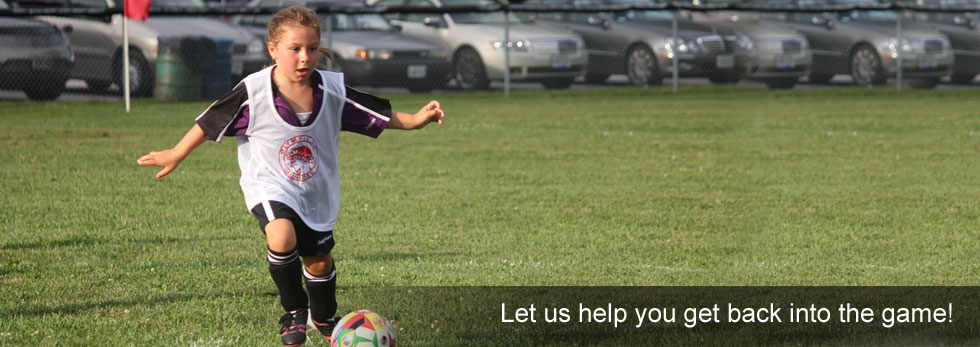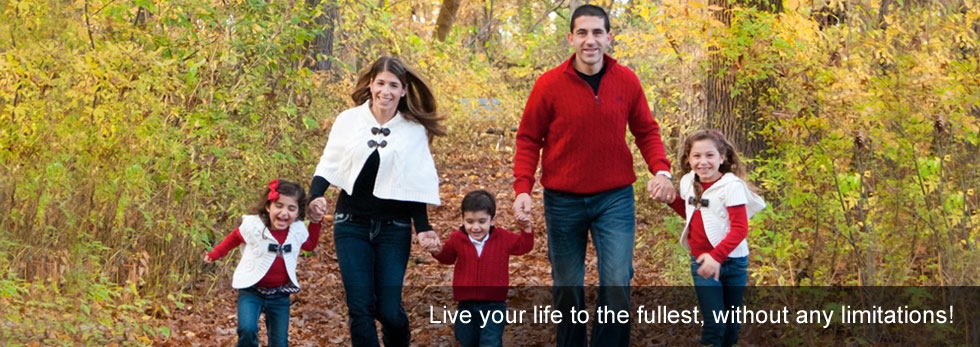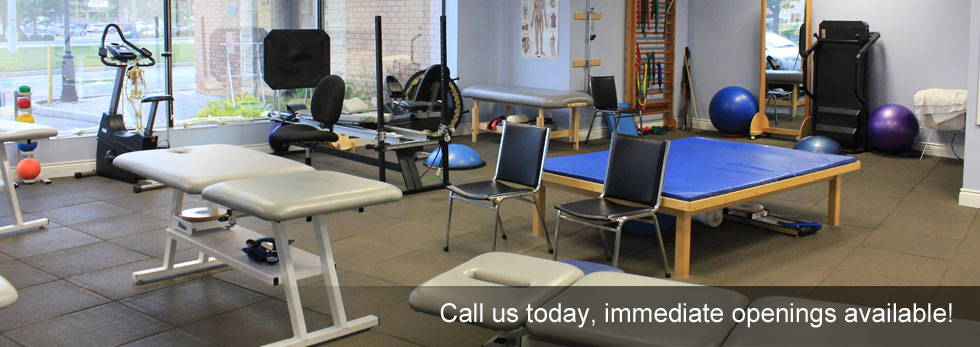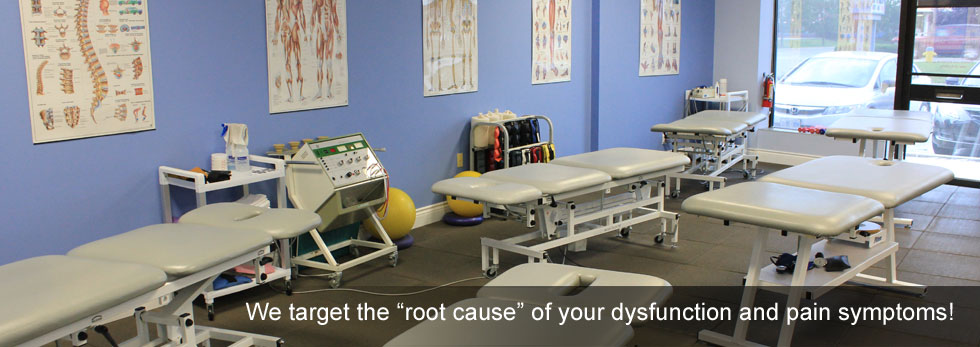Thank you for being so professional and genuinely caring!
– J S
Q: I've been told that my dizziness is probably coming from an old neck injury from high school but no one seems to know how to correct the problem. Can you suggest anything? Any exercises that might help?
A: Oculomotor control (the use of the eyes and head together) is a complex system that relies on the coordination of neck and eye muscles, cervical spine movement, neck stability, and even something called neck repositioning acuity.
Any injury to the neck (even mild sprains, strains, and contusions) can cause pain, stiffness, loss of motion, and dizziness. There are exercises to improve oculomotor control. These are usually prescribed and supervised by a physiotherapist as it is very easy to overdo and end up with worse symptoms than before.
Here are a few examples of exercises a therapist might suggest for your problem:
Using your eyes to trace the alphabet on the wall in front of you without moving your head.
Look at a target, move your eyes to the target without moving the head, now keep the eyes on the target and move the head to line up with the eyes once again.
Move your eyes to the right while moving the head to the left and vice versa.
These activities may not be all that you need for your particular problem. There are many possible causes of dizziness related to neck injuries. The concept we mentioned: neck repositioning acuity is another important area to consider. This refers to the fact that there can be a decreased awareness of the position of the head and neck. In fact, sometimes people with neck injuries hold their head at a slight angle and don't even realize it.
There are specific exercises to help restore normal positional acuity and awareness. Likewise, areas may need some attention. For example, shoulder and trunk muscles might be impaired. Weakness in the muscles of these structures can contribute to neck pain. There are exercises to improve these deficits as well.
One other area deserves mentioning and that's the vestibular system (inner ear mechanism responsible for balance and preventing dizziness). A physiotherapist can help you with any one (or all) of these problems. He or she will be able to evaluate what is going on, what's missing, and what to do about it.
You may be able to accomplish quite a bit on your own with a home program but it's best to get an evaluation and see exactly what you need for your specific problem. With dizziness, there could be any number of different systems involved.
Reference: Christopher J. Durall, PT, DPT, MS, SCS, LAT, CSCS. Therapeutic Exercise for Athletes with Nonspecific Neck Pain: A Current Concepts Review. In Sports Health. July/August 2012. Vol. 44. No. 1. Pp. 293-301.

















